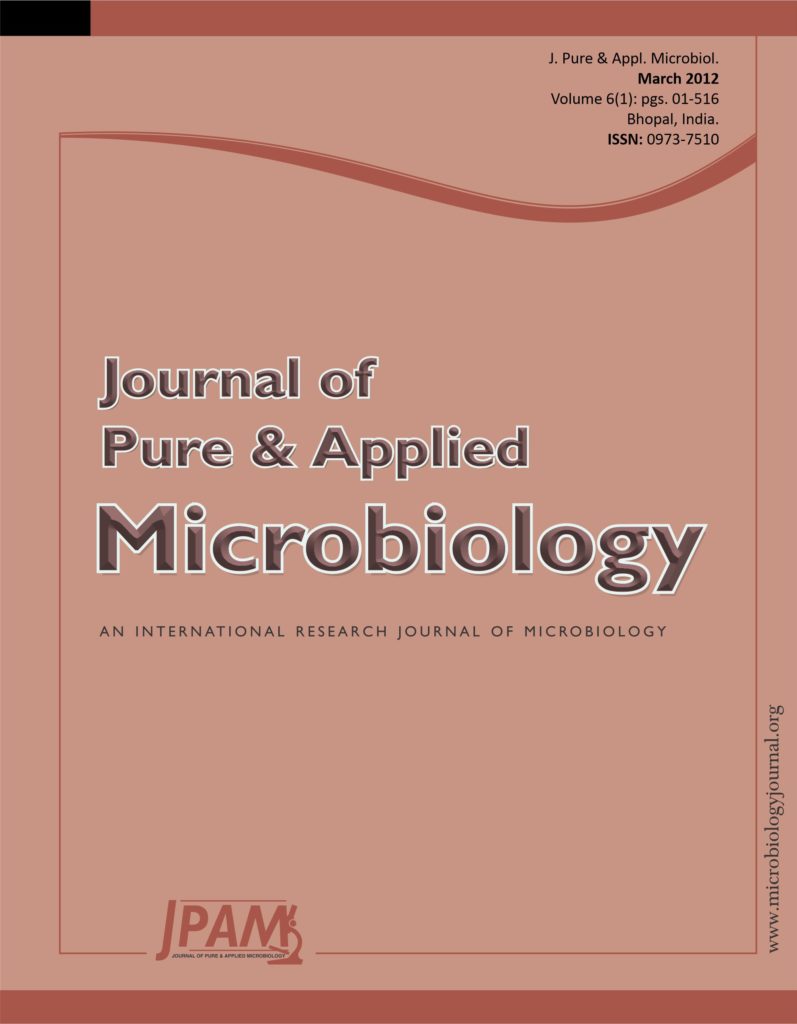Stored castor (Ricinus communis L. ) seeds collected from four different parts of Kogi State, Nigeria were screened for associated mycoflora. Using the direct plating method, samples were plated out on Sabouroud Dextrose Agar (SDA) as growth medium and incubated at room temperature (27 ±1°C) for 7– 12 days. The resulting growth was visually and microscopically screened for fungal species. Results showed that the temperature of the stores ranged from 20-28°C, while the moisture content values of the seeds ranged from 5 – 8%. Aspergillus spp were the commonest fungi (66.67%) found in the stored seeds, while species belonging to the Cephalioplora, Penicillium and Syncephalastrum genera were less common with 11.11% occurrence each. There was significant difference in the percentage occurrence of Aspergillus flavus between the various locations. These results are important in developing standard for post harvest practices aimed at discouraging fungal contamination of castor seeds.
Castor seeds, Mycoflora., Aspergillums flavus, Cephalioplora, Penicillium, Syncephalastrum, Fungal contamination
© The Author(s) 2012. Open Access. This article is distributed under the terms of the Creative Commons Attribution 4.0 International License which permits unrestricted use, sharing, distribution, and reproduction in any medium, provided you give appropriate credit to the original author(s) and the source, provide a link to the Creative Commons license, and indicate if changes were made.


